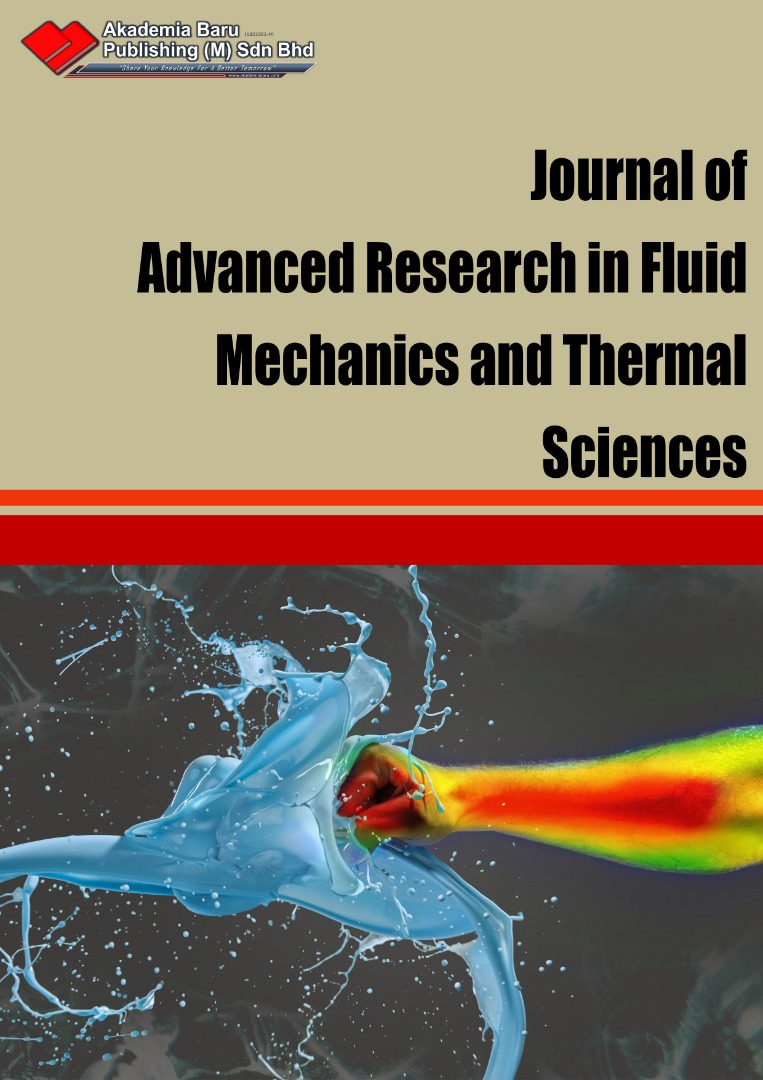Heat Transfer Enhancement in A Corrugated-Trapezoidal Channel Using Winglet Vortex Generators
Keywords:
heat transfer enhancement, turbulent flow, trapezoidal corrugated channel, winglet longitudinal vortex generator, performance evaluation criteriaAbstract
In this study, heat transfer rates and flow behavior of water inside corrugated channel with a new configuration of winglet longitudinal vortex-generators have been numerically carried out. In general, the main objective of using the winglet longitudinal vortex-generators with the corrugated surfaces is to obtain an increase in the rate of heat exchange by generating vortex and reverse flow which in turn increases the efficiency of the thermal process, leading to save operating costs. To achieve this purpose, four amplitude heights are introduced: a = 1, 2, 3 and 4 mm. Furthermore, the arrangement of winglet longitudinal vortex-generator is placed at the entrance of each wave existing with the same as the slant angle of the waves in the trapezoidal channel. A constant heat flux is adopted to be the thermal condition for the lower and upper corrugated walls while the Reynolds numbers (Re) rate is in the range of 5,000 to 17,500. The effects of the trapezoidal amplitude heights with winglets longitudinal vortex-generator are studied and compared using the non-dimensional parameter performance evaluation criteria (PEC). Thermal and flow characteristics are explored with the help of the stream wise velocity and isotherms contours for trapezoidal-corrugated channels with winglet inserts and different amplitudes. Nusselt number (Nu), skin friction coefficient and PEC are substantial factors that studied at turbulent flow. According to the results obtained, the winglet longitudinal in corrugated duct has showed a significant improvement of the Nu but accompanied by increased of skin friction coefficient over those of a plane duct. Consequently, winglet longitudinal vortex-generator with corrugated channel might be favorable in several heat transfer applications.












